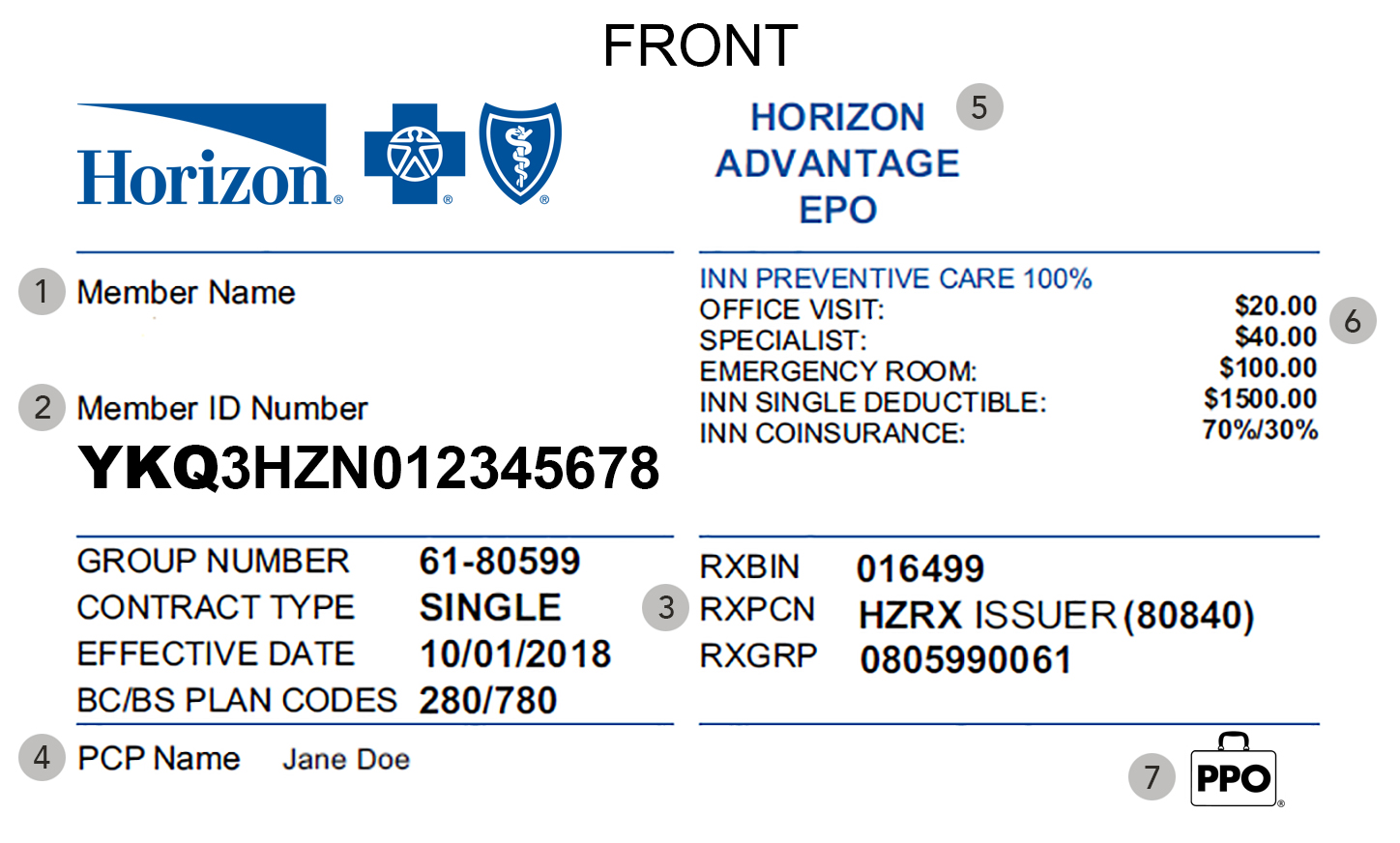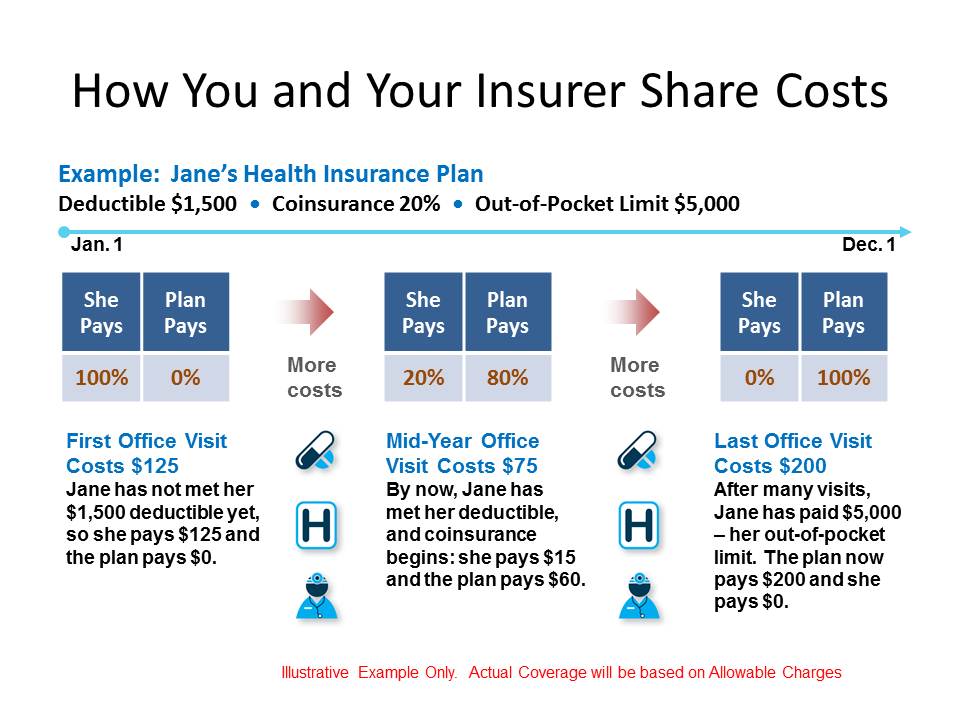|
Whole life and universal life insurance are both thought about permanent policies. That suggests they're developed to last your entire life and will not end after a specific amount of time as long as needed premiums are paid. They both have the possible to accumulate cash worth over time that you may have the ability to obtain against tax-free, for any reason. Since of this feature, premiums might be higher than term insurance. Whole life insurance policies have a fixed premium, implying you pay the very same amount each and every year for your coverage. Much like universal life insurance, entire life has the possible to build up money worth with time, producing an amount that you might be able to obtain versus. Depending on your policy's prospective cash value, it might be utilized to avoid a premium payment, or be left alone with the potential to accumulate value over time. Possible development in a universal life policy will differ based on the specifics of your individual policy, as well as other elements. When you purchase a policy, the issuing insurance provider establishes a minimum interest crediting rate as outlined in your contract. Nevertheless, if the insurance provider's portfolio earns more than the minimum interest rate, the company might credit the excess interest to your policy. This is why universal life policies have the potential to make more than an entire life policy some years, while in others they can earn less. Here's how: Given that there is a cash value component, you may be able to avoid superior payments as long as the cash worth suffices to cover your required expenses for that month Some policies may enable you to increase or reduce the survivor benefit to match your particular situations ** Oftentimes you might obtain against the cash worth that might have collected in the policy The interest that you might have earned over time collects tax-deferred Whole life policies offer you a fixed level premium that won't increase, the possible to accumulate money value with time, and a repaired death benefit for the life of the policy.
As a result, universal life insurance premiums are typically lower throughout periods of high rates of interest than whole life insurance premiums, typically for the same quantity of coverage. Another crucial difference would be how the interest is paid. While the interest paid on universal life insurance coverage is frequently changed monthly, interest on an entire life insurance coverage policy is normally changed yearly. This might mean that throughout durations of rising rate of interest, universal life insurance coverage policy holders may see their cash values increase at a fast rate compared to those in whole life insurance coverage policies. Some individuals may prefer the set survivor benefit, level premiums, and the potential for growth of a whole life policy. Although whole and universal life policies have their own distinct functions and benefits, they both concentrate on offering your loved ones with the cash they'll need when you die. By dealing with a qualified life insurance coverage agent or company agent, you'll have the ability to pick the policy that finest fulfills your individual needs, spending plan, and monetary goals. You can likewise get afree online term life quote now. * Offered necessary premium payments are prompt made. ** Increases might be subject to extra underwriting. WEB.1468 (How much is flood insurance). 05.15. 6 Easy Facts About What Is Long Term Care Insurance Shown
You do not have to think if you must enlist in a universal life policy due to the fact that here you can learn all about universal life insurance advantages and disadvantages. It's like getting a preview before you buy so you can choose if it's the ideal kind of life insurance for you. Read on to discover the ups and downs of how universal life premium payments, cash worth, and death benefit works. Universal life is an adjustable type of permanent life insurance that enables you to make changes to two primary parts of the policy: the premium and the survivor benefit, which in turn impacts the policy's money worth. Below are some of the total pros and cons of universal life insurance coverage. Pros Cons Designed to provide more versatility than whole life Doesn't have the guaranteed level premium that's readily available with entire life Money worth grows at a variable rates of interest, which might yield higher returns Variable rates likewise indicate that the interest on the money value might be low More chance to increase the policy's money worth A policy usually needs to have a favorable cash worth to stay active Among the most attractive features of universal life insurance coverage is the ability to select when and how much premium you pay, as long as payments fulfill the minimum amount required to keep the policy active and the IRS life insurance coverage standards on the optimum quantity of excess premium payments you can make (What does homeowners insurance cover). But with this versatility likewise comes some disadvantages. Let's discuss universal life insurance advantages and disadvantages when it comes to changing how you pay premiums. Unlike other types of irreversible life policies, universal life can adapt to fit your financial requirements when your capital is up or when your spending plan is tight. You can: Pay higher premiums more often than required Pay less premiums less frequently or even skip payments Pay premiums out-of-pocket or utilize the cash worth to pay premiums Paying the minimum premium, less than the target premium, or avoiding payments will adversely impact the policy's cash worth.
0 Comments
There was no classification for living expenses sustained while recovering from surgical treatment. That's absolutely nothing compared to the experience of a fellow tourist from Minnesota: while in Peru last September, he cycled off a cliff, broke both ankles, and had actually to be airlifted out, then flew to the U.S. for emergency surgery. 7 months later, he's still trying to recoup an estimated $75,000 in out-of-pocket expenses from a various insurance provider. As for COVID-19, it is very important to know that no travel-insurance policy covers fear-based cancellations, i. e., bailing on a trip because of issue that you will get ill, unless you have bought a cancel-for-any-reason rider, a time-sensitive advantage on some plans that enables a traveler to abort a trip for any factor approximately 48 hours prior to the scheduled departure. From infections to natural catastrophes, here's how to make sure you're covered for anything that may come your method while traveling. Most domestic policies use some coverage for global emergency situations, for things like damaged bones, appendicitis, and diseases and mishaps that require instant medical attention. But it may not suffice to cover your whole expense or to get you house. If you were to go on a journey and agreement COVID-19 or be quarantined, some domestic policies would consider that a medical emergency situation and cover a percentage of the cost of your care and the logistical expenditures of being quarantined. Depending upon the state in which you live, Blue Cross Blue Shield offers worldwide defense through Geo, Blue, a supplemental policy that supplies approximately $1 million in medical and up to $500,000 in evacuation expenses for international travel. To be guaranteed with Geo, Blue, you do not need to have domestic Blue Cross Blue Guard protection, however you do have to supply proof that you have a primary health-insurance policy. Some credit cards include medical security strategies while taking a trip abroad. It's the remarkable one that uses comprehensive medical or evacuation coverage. One of the best is the American Express Platinum Card, which uses $20,000 for emergency medical costs and $100,000 for emergency transportation if you paid for your airplane ticket (and other travel costs, like your hotel) with the card. Some superior card policies may cover the expense of your journey if a cancellation is mandatoryfor circumstances, if it's based on a government-enforced travel banbut likely not due to counteracting of fear of contracting the infection. When scheduling a flight, numerous airline companies provide travel insurance through a 3rd party, such as AIG Travel or Allianz Travel, for an upcharge of approximately 10 percent of the expense of the flight. This protection generally covers a flight refund if you can't take a trip, repayment for lost baggage, and rebooking costs for flight timeshare termination cancellations or missed out on connections. Given the present COVID-19 scenario, numerous airlines like Alaska, American, Delta, and Jet Blue have revealed differing policies that waive or suspend modification and cancellation charges within an offered period. If you want to cover all your bases, investigate a more extensive policy. is an umbrella termthat generally covers a thoroughly calibrated portion of medical expenses, journey cancellations, lost baggage, flight accidents (an accident that takes place while on a licensed industrial flight), evacuation due to natural disasters, and other losses incurred while traveling. The list of companies offering these policies is long: AIG Travel, Allianz Travel Insurance, IMG, Ripcord Rescue Travel Insurance, and others - What is collision insurance. The majority of these offer comprehensive bundles that cover all of the above, in addition to la carte coverage alternatives for medical reasons, trip cancellation, and other things. What Does What Is Deductible In Health Insurance With Example Do?
COVID-19 has opened a huge can of worms, since it became what's hired insurance coverage parlance a "known threat" to travelers since roughly January 21. (The known-risk date differs per business.) For those who bought a policy after January 21, cancellations due to the infection might not be covered. AIG Travel still motivates travelers to submit a claim since some policies might offer protection depending upon the exact reason for cancellation. And as the virus spreads, some business, like Allianz, are modifying their policies to consist of protection of COVID-related medical and cancellation claims. A representative for IMG, the travel-insurance company I was using for my postponed journey, told me when I asked about costs connected with COVID-19 that they are considering this on a case-by-case basis and progressing worldwide circumstances.
" If you were to get quarantined or sick, you need to pay up front and sue for compensation." These variables are why it's so important to check out the small print and ask an insurance coverage agent a great deal of concerns to discover out about any exclusions. It's likewise important for Outside readers to know that many travel policies do not cover severe sports, which can consist of activities like scuba diving, mountain cycling, or climbing with ropes. If a travel-insurance business does offer an adventure or extreme-sports rider, the tourist may reside in a state in which laws prevent it from being offered. " This might be because of state law or to the travel-insurance business merely not selling that type of strategy in that specific state, for whatever reason." For my held off trip to Antarctica that would've included rock and ice climbing with ropes, I investigated 4 insurance provider before I found one that used the coverage I needed. The first didn't use mountaineering coverage, the 2nd didn't provide coverage in the polar areas, and the 3rd provided both, however the mountaineering protection was not available to Minnesota residents, where I live. I lastly found what I required through IMG's Patriot Platinum International policy.
Even if you have an inkling of a plan to lease a mtb for a day, you'll likely want to buy an extreme-sports rider. Many travel-insurance policies are readily available up to 24 hours before departure, however it's smarter to buy a policy within 14 to 21 days of making a journey purchase or deposit. Make sure to pay extra for the Cancel For Any Factor rider, which normally supplies compensation of 50 to 75 percent of the pre-paid, non-refundable trip cost. With the insurance and the rider, you'll be covered if you require to cancel a trip due to pre-existing conditions, health problem (your own or a relative's), time share week natural catastrophes, COVID-19, or any other reason you might not desire to get on a plane. But, he includes, if they do not purchase insurance coverage within the 14-to-21-day window and their mom gets ill due to a pre-existing condition and they need to cancel, they may not get refunded for the expense of the trip. from business like Worldwide Rescue and Med, Jet offer medical evacuation and act as a supplement to your medical protection. Some insurance policies currently offer medical-evacuation insurance, but if you're a frequent traveler to remote areas, this extra yearly membership might make sense. International Rescue's Mc, Intyre describes it this method: "We're sort of like AAA for your car. We'll tow get out of timeshare legally your car to the garage, but we're not going to have your carburetor changed." Sign up for a one-time or annual Global Rescue subscription and you'll get security, evacuation, and travel-risk and crisis-management services. |
AuthorWrite something about yourself. No need to be fancy, just an overview. Archives
June 2022
Categories |




 RSS Feed
RSS Feed
